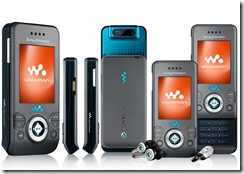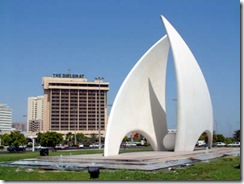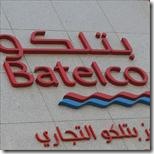Ericsson today announced its Q4 and full-year results, more than a week earlier than the scheduled date of January 29, and prompted by a keenness to detail its strong operational performance in the last quarter of 2008.
A poor performance at Sony Ericsson impacted Ericsson’s profitability in 2008
Sales were up 23 per cent year-on-year during the quarter to SEK67 billion (US$8 billion), while operating income came in at SEK9.2 billion, up 21 per cent year-on-year. However, net income for the quarter came in at SEK4.1 billion, a 29 per cent decrease from the fourth quarter in the previous year, which Ericsson attributed to restructuring charges and a dramatic drop in the contribution from Sony Ericsson.
Restructuring charges in Ericsson amounted to SEK2.3 billion in the quarter, with the company’s share of restructuring charges in Sony Ericsson amounting to SEK700 million.
For the full-year, sales at Ericsson amounted to SEK208.9 billion, up 11 per cent year-on-year. Net income for 2008 amounted to SEK11.7 billion, representing a 48 per cent decline compared to net income for 2007. Ericsson’s restructuring charges for the full-year amounted to SEK6.7 billion.
“Operating margins, excluding Sony Ericsson, have steadily improved, and our financial position is strong with net cash of SEK35 billion,” commented Ericsson CEO Carl-Henric Svanberg. “Sony Ericsson is affected by the economic downturn and the declining demand in the consumer market and has taken the necessary actions,” he added
Looking to the year ahead, Svanberg believes the effects of the global economic recession should not be that significant as most operators have healthy financial positions, and there is strong traffic growth. “It remains, however, difficult to more precisely predict to what extent consumer telecom spending will be affected and how operators will act,” Svanberg cautioned. “To date, our infrastructure business is hardly impacted at all, but it would be unreasonable to think that this would be the case also throughout 2009.”
Related stories:
Rich pickings in WCDMA infrastructure for Ericsson in H108
Sony Ericsson descends deeper into red with US$248 million Q4 loss








